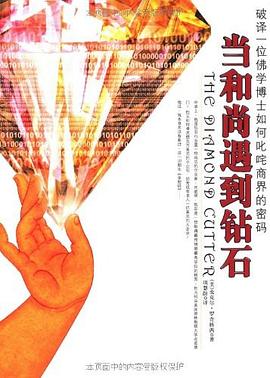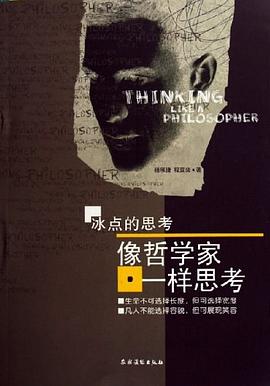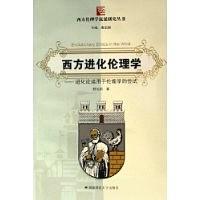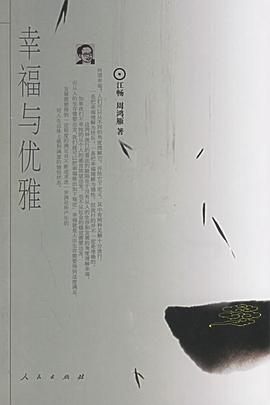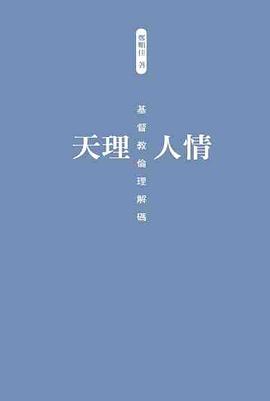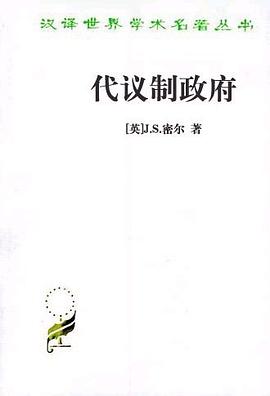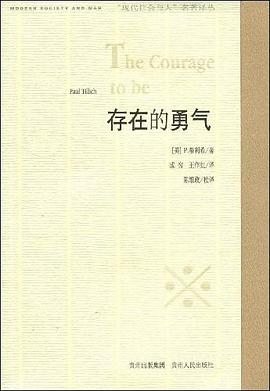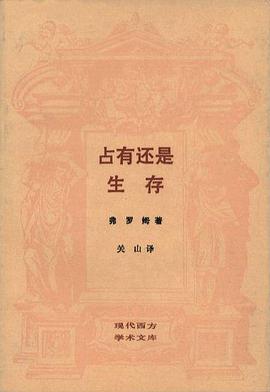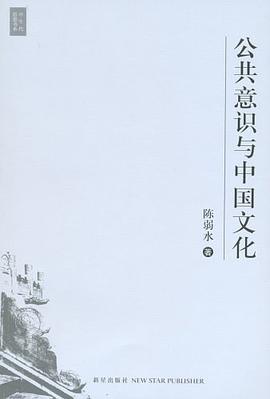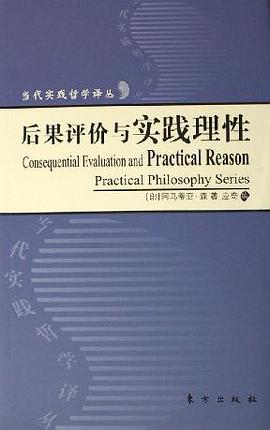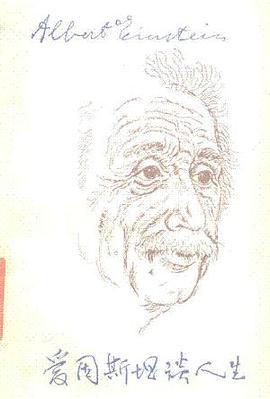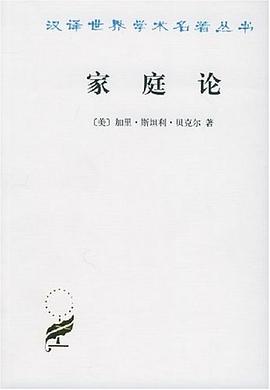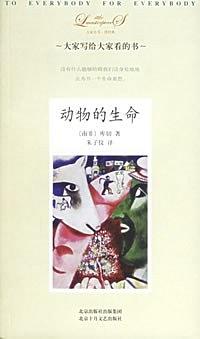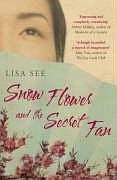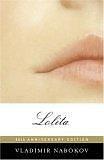

具体描述
When it was published in 1955, Lolita immediately became a cause célèbre because of the freedom and sophistication with which it handled the unusual erotic predilections of its protagonist. But Vladimir Nabokov's wise, ironic, elegant masterpiece owes its stature as one of the twentieth century's novels of record not to the controversy its material aroused but to its author's use of that material to tell a love story almost shocking in its beauty and tenderness.
Awe and exhilaration–along with heartbreak and mordant wit–abound in this account of the aging Humbert Humbert's obsessive, devouring, and doomed passion for the nymphet Dolores Haze. Lolita is also the story of a hypercivilized European colliding with the cheerful barbarism of postwar America, but most of all, it is a meditation on love–love as outrage and hallucination, madness and transformation.
With an Introduction by Martin Amis
作者简介
Vladimir Vladimirovich Nabokov was born on April 23, 1899, in St. Petersburg, Russia. The Nabokovs were known for their high culture and commitment to public service, and the elder Nabokov was an outspoken opponent of antisemitism and one of the leaders of the opposition party, the Kadets. In 1919, following the Bolshevik revolution, he took his family into exile. Four years later he was shot and killed at a political rally in Berlin while trying to shield the speaker from right-wing assassins.
The Nabokov household was trilingual, and as a child Nabokov was already reading Wells, Poe, Browning, Keats, Flaubert, Verlaine, Rimbaud, Tolstoy, and Chekhov, alongside the popular entertainments of Sir Arthur Conan Doyle and Jules Verne. As a young man, he studied Slavic and romance languages at Trinity College, Cambridge, taking his honors degree in 1922. For the next eighteen years he lived in Berlin and Paris, writing prolifically in Russian under the pseudonym Sirin and supporting himself through translations, lessons in English and tennis, and by composing the first crossword puzzles in Russian. In 1925 he married Vera Slonim, with whom he had one child, a son, Dmitri.
Having already fled Russia and Germany, Nabokov became a refugee once more in 1940, when he was forced to leave France for the United States. There he taught at Wellesley, Harvard, and Cornell. He also gave up writing in Russian and began composing fiction in English. In his afterword to Lolita he claimed: "My private tragedy, which cannot, and indeed should not, be anybody's concern, is that I had to abandon my natural idiom, my untrammeled, rich, and infinitely docile Russian tongue for a second-rate brand of English, devoid of any of those apparatuses–the baffling mirror, the black velvet backdrop, the implied associations and traditions–which the native illusionist, frac-tails flying, can magically use to transcend the heritage in his own way." [p. 317] Yet Nabokov's American period saw the creation of what are arguably his greatest works, Bend Sinister (1947), Lolita (1955), Pnin (1957), and Pale Fire (1962), as well as the translation of his earlier Russian novels into English. He also undertook English translations of works by Lermontov and Pushkin and wrote several books of criticism. Vladimir Nabokov died in Montreux, Switzerland, in 1977.
目录信息
读后感
我用手捂住脸,滚烫的眼泪掉了下来。我感到泪水穿过了我的手指,流过了我的下巴。灼痛了我。但我无法止住眼泪。这是她碰了碰我的手腕。 “别再碰我,否则我就活不成了。”我说,“你肯定不跟我走么?你一点跟我走的希望都没有么?就告诉我这一点。” “没有,”她说...
评分小时候总搞不懂为什么欧美人总跟对待孩童的性虐待过不去。十年前有部著名的影片叫《沉睡者》,讲的就是受虐待男童长大复仇的事,几个月前爆发了爱尔兰教会长期虐待男童的丑闻,后来好像也没什么结果。关于女童的例子也不少,在美国似乎尤其多。正面的例子也发生在西方传统里,...
评分 评分洛丽塔,任性的小妖精。 很喜欢很喜欢她。只有她才可以在大雨滂沱后若无其事地吃樱桃巧克力冰淇淋,还用摄人眼神定定地看着你,然后咯咯笑。媚若无骨。 多年前的那个下午,如果不是她,趴躺花园天真烂漫看画册,水花浇透鹅黄短裙,就不会有此后种种故事后人漫长迷恋。她是小小...
评分首先,我先给大伙说一下什么是“乱炖”。乱炖据说是东北菜,就是把土豆、西红柿、青菜还有豆腐什么的和红烧肉放在一起炖。我一哥们特会做菜,乱炖我就是在他家吃过两次,味道十分醇厚鲜美。我哥们告诉我,乱炖不可少的是红烧肉和西红柿,别的什么菜只要是味不相冲,都可以往锅...
用户评价
我不得不承认,这本书的节奏感处理得极为高明,它不是那种平铺直叙的线性叙事,而更像是一部慢热的、精心调校的古典音乐。 开头部分,信息如同雾气般缓缓散开,你只能捕捉到一些片段的轮廓,这种刻意的疏离感反而激发了读者强烈的探究欲。 当情节逐渐推进,人物间的互动开始变得微妙而复杂时,你会发现作者在对话的设计上简直是大师级的。 那些看似漫不经心的交流中,暗流涌动着力量的角逐和情感的较量,每一个停顿、每一个省略号,都比直接的陈述更有冲击力。 我特别喜欢他如何利用环境的变化来烘托人物心境的转折,比如从一个阳光明媚的度假地突然转入到一个略显阴郁的城市环境,这种对比处理得非常自然,却又极富象征意义。 整本书读下来,你会感觉自己仿佛参与了一场冗长的、充满哲学意味的辩论,关于自由、关于艺术、关于人性的边界。 它成功地将一个令人不适的主题,包裹在如此考究和优雅的外衣之下,这种反差带来的震撼,是许多直白叙事难以企及的。
评分说实话,这本书的阅读体验是相当具有挑战性的,但也是极其充实和令人耳目一新的。 它的视角极其个人化,几乎是主角内心独白的一场全景展示,这要求读者必须完全沉浸在他的逻辑体系中去理解一切。 我欣赏作者在构建人物心理深度上的不懈努力,他没有简单地将角色标签化,而是细致入微地展现了其思想的矛盾性、伪装与真实之间的拉扯。 很多时候,你会为主人公的某些想法感到不安,但作者却巧妙地通过其无可挑剔的文笔,让你不得不去承认这些想法存在于人性的幽暗角落。 书中的一些段落,读起来简直像是在欣赏一幅文艺复兴时期的油画,色彩浓郁,结构严谨,充满了对古典文学和艺术的致敬。 它迫使我跳出日常的道德框架去审视叙事中的一切,这是一种非常难得的阅读体验,因为它拓展了我对文学表达可能性的认知。 读完合上书的那一刻,我有一种完成了一次艰苦但有价值的智力攀登的感觉。
评分从文学技巧的角度来看,这本书无疑是教科书级别的范例,展示了如何通过对细节的极致掌控来塑造宏大的主题。 它的世界构建并非依靠宏大的背景设定,而是完全依赖于感官体验的堆砌——气味、触感、光影的细微变化,都被赋予了重大的叙事意义。 每一个场景都像一个精心布置的舞台,灯光和道具的选择都服务于表达人物错综复杂的情感状态。 我尤其赞赏作者在处理人物“缺席”时的描绘能力。 那些没有直接出现的人物,却因为叙述者的强烈主观感受,而显得比在场的任何人都更加鲜活和具有影响力。 这种“看不见的在场”创造了一种持续的、令人不安的张力。 这本书需要读者保持高度的专注力,因为它拒绝提供简单的答案或清晰的道德指南,它更像是一面被精心打磨过的棱镜,折射出人内心深处那些光怪陆离、难以名状的渴望。 最终的阅读感受,是一种复杂、深刻的、关于人类情感复杂性的沉思。
评分这部作品的叙事风格简直是一场文字的盛宴,细腻到令人窒息,仿佛作者将每一个场景都用最精美的丝线编织而成。 故事的基调是那种带着一丝忧郁的、对逝去美好时光的追忆,但又隐隐透露出一种难以言喻的、危险的美感。 我读到主人公对某个特定事物近乎病态的迷恋时,那种强烈的、几乎能穿透纸页的执着感,让我不得不停下来,反复咀嚼那些措辞。 他的内心世界如同一个布置精美的迷宫,四处充满了华丽的辞藻和古典的意象,但当你试图找到出口时,却发现每条路都通向同一个令人不安的核心。 尤其欣赏作者在描绘环境细节时的功力,那些夏日的慵懒、异国情调的小镇风光,都被赋予了某种预示性的光芒,使得单纯的背景也充满了隐喻的张力。 读完后,留下的不是一个清晰的故事梗概,而是一种挥之不去的情绪残渣,一种对“美”与“禁忌”之间模糊界限的深刻反思。 这种文字的质感,让人联想到十九世纪那些沉浸在颓废美学中的大师们,但又明显带着一种更现代的、更尖锐的自我审视。 它不是一本可以轻松翻阅的书,它需要时间,需要投入,才能真正领会其中那些闪烁着危险光芒的真谛。
评分这部作品最让我印象深刻的是它对“时间”和“记忆”的处理方式,完全颠覆了我对传统小说结构的一贯认知。 它似乎并不着急于抵达某个终点,而是沉醉于对某个特定时期、特定感受的反复打磨和重构。 这种结构上的“循环往复”,恰恰完美地契合了主角那种被困住的、不断重温过去美好幻象的心态。 书中的语言节奏变化多端,时而如同一首轻快的圆舞曲,充满了对青春和冒险的赞美;时而又陡然转为低沉的挽歌,充满了对失去的哀叹和对现实的无力感。 这种情绪的起伏,使得整部小说充满了生命力,即使它探讨的主题是如此的沉重和灰暗。 我个人认为,作者在选择叙事载体和情绪烘托方面,展现了近乎天才般的直觉,他知道如何用最恰当的“糖衣”来包裹最难以下咽的“药丸”,让读者在被文字的美丽所吸引的同时,也被故事背后的复杂性所困扰。
评分such a wonderful book about art and creation. the language is a fascinating labyrinth, sometimes surreal.
评分His language is not only complex but also oppositely native, which is hard to catch the point. However, this book shows me a sense of odd but harmonious mixture and beauty. I just find, sometimes, I am the male character to some extent.
评分卧槽。能写出这里的二十分之一的精灵劲儿我觉得我都可以写完直接去死然后die happy了。。。_(´ཀ`」 ∠)_
评分His language is not only complex but also oppositely native, which is hard to catch the point. However, this book shows me a sense of odd but harmonious mixture and beauty. I just find, sometimes, I am the male character to some extent.
评分Nabokov is a master of English vocab, and he is not even a native speaker.
相关图书
本站所有内容均为互联网搜索引擎提供的公开搜索信息,本站不存储任何数据与内容,任何内容与数据均与本站无关,如有需要请联系相关搜索引擎包括但不限于百度,google,bing,sogou 等
© 2026 book.wenda123.org All Rights Reserved. 图书目录大全 版权所有

